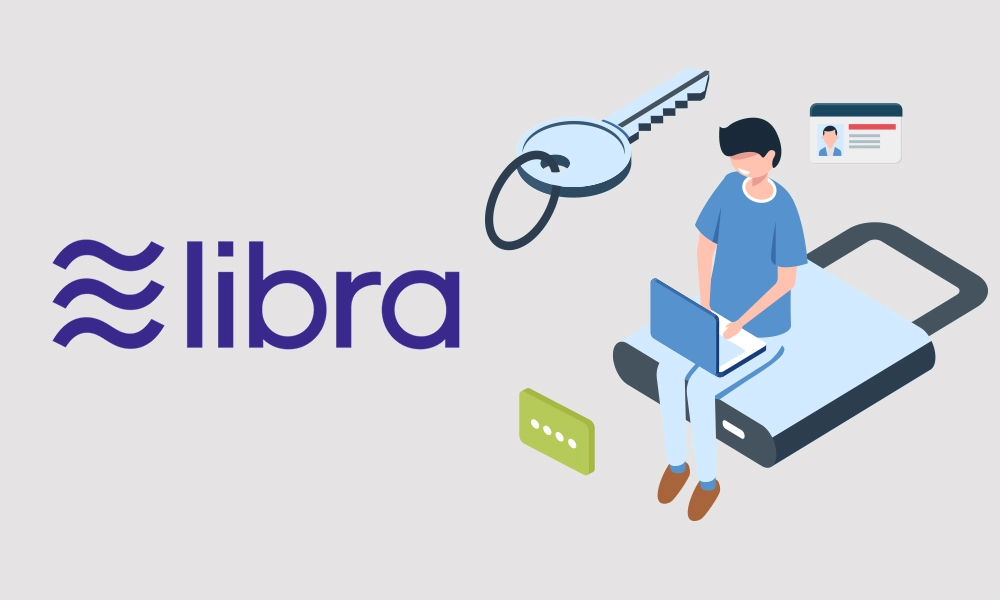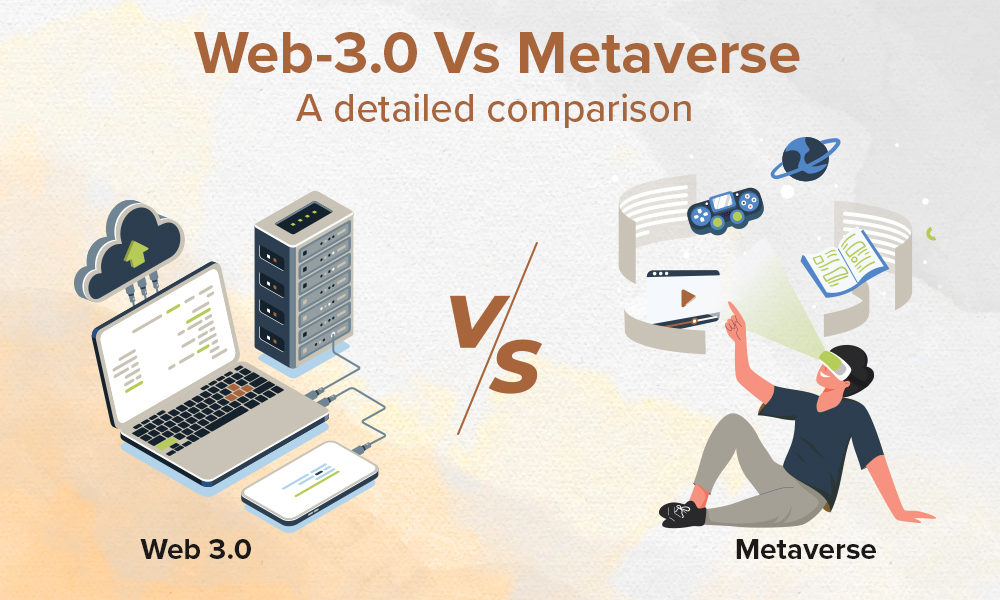Facebook has recently unveiled details of its much-awaited digital currency, Libra, which is built on the foundation of blockchain. Libra allows you to send money to your friends and relatives or buy things with nearly zero fees.
Since the launch of the white paper, the primary focus has been on Libra Coin, the cryptocurrency that will run on the new blockchain. And why not, Libra is certainly a radical solution that could empower billions of people by offering a coin which has all the attributes – stability, low inflation, wide global acceptance, and fungibility. But what its white paper suggests about Facebook’s additional goal behind the Libra blockchain could be just as important.
Mentioned in Libra’s white paper are two sentences showing that the project’s goals can go even beyond transforming the global financial system.
“An additional goal of the association is to develop and promote an open identity standard. We believe that decentralized and portable digital identity is a prerequisite to financial inclusion and competition.”
More than launching a cryptocurrency and a smart contract platform, Facebook could also be aiming to revolutionize the concept of digital identity with its Libra blockchain. Let’s dive deeper and understand what does it mean to us and how it will impact our digital lives.
Facebook’s Libra and digital identity
Identity systems are created by organizations to manage and control online user identities within their domain. The result – users end up with hundreds of identities, with each of them owned by the organization that provides it. Consequently, a user really doesn’t have an online identity that is independent of these many systems.
Businesses functioning in this sector have been trying to address the challenge of identity for more than a decade. Looking at the recent technological changes, the answer could be decentralized digital identity (sometimes called “self-sovereign identity”), and developers have been exploring the concept. Tech giants such as IBM and Microsoft and a number of tech startups have been working on decentralized identity applications for a while now.
Facebook’s idea behind the open identity standard could allow users to own and manage their digital identities themselves instead of relying on organizations. Such a system could make it possible for users without any kind of digital identity to access financial services such as a bank account. The solution could empower billions of people without any digital identity. This digital identity could also go beyond financial services.
It is not much of a stretch to say that users require some sort of identification to access multiple services online, for instance, sharing health information.
The road ahead
As of now, it is hard to say anything about Facebook’s idea behind open identity standard, as not much information has been revealed yet. The vision could be bigger than authentication and authorization for a few services offered by Libra.
To conclude, managing digital identities with blockchain is relatively a new concept, and companies are still exploring the domain. It is also unclear how Facebook and Libra Association would overcome technical challenges that might hinder the way. For instance, using blockchain for many people is still complicated in the first place. Secondly, the technology is not ‘near ready’ to be implemented in the current systems and used by millions of people to manage their identities.
However, Facebook already has experience with digital identities. Using blockchain, Facebook could enable users to prove their identities without involving a central directory. Implemented correctly, the solution will change the way users trust each other on the internet.



.jpg)
